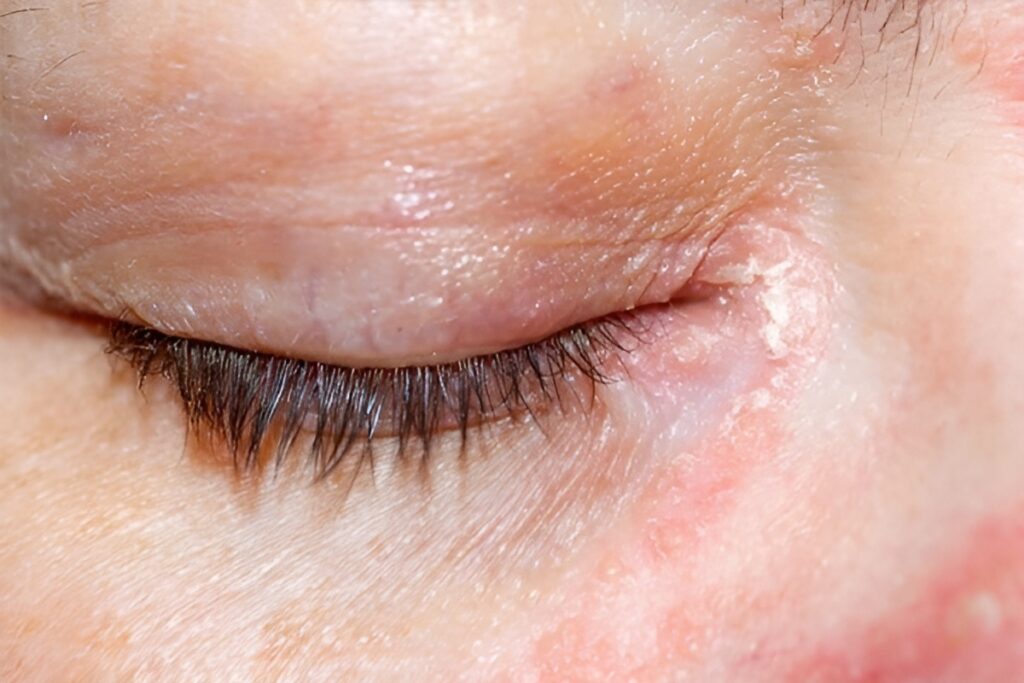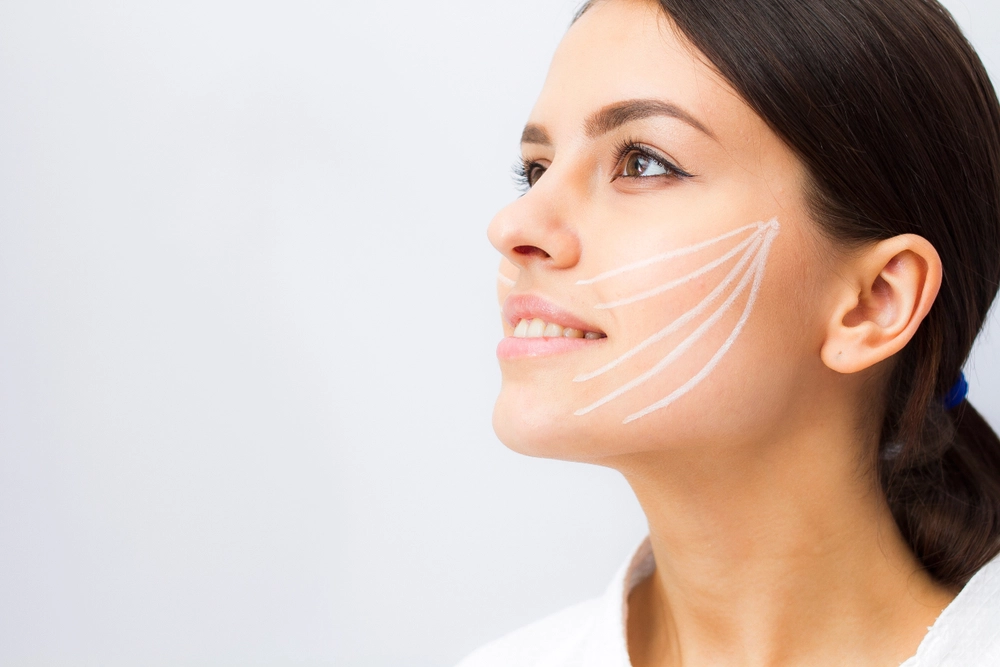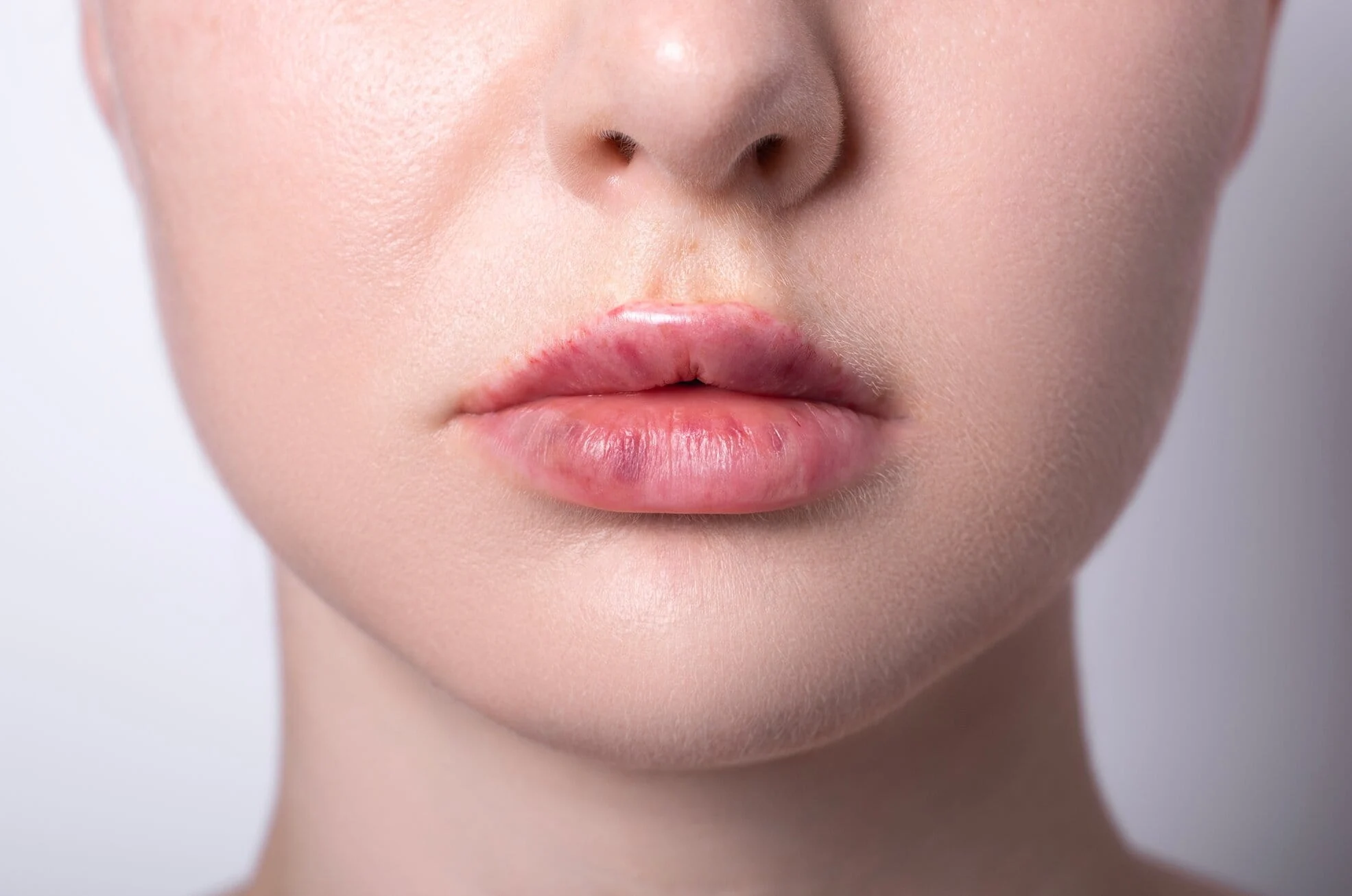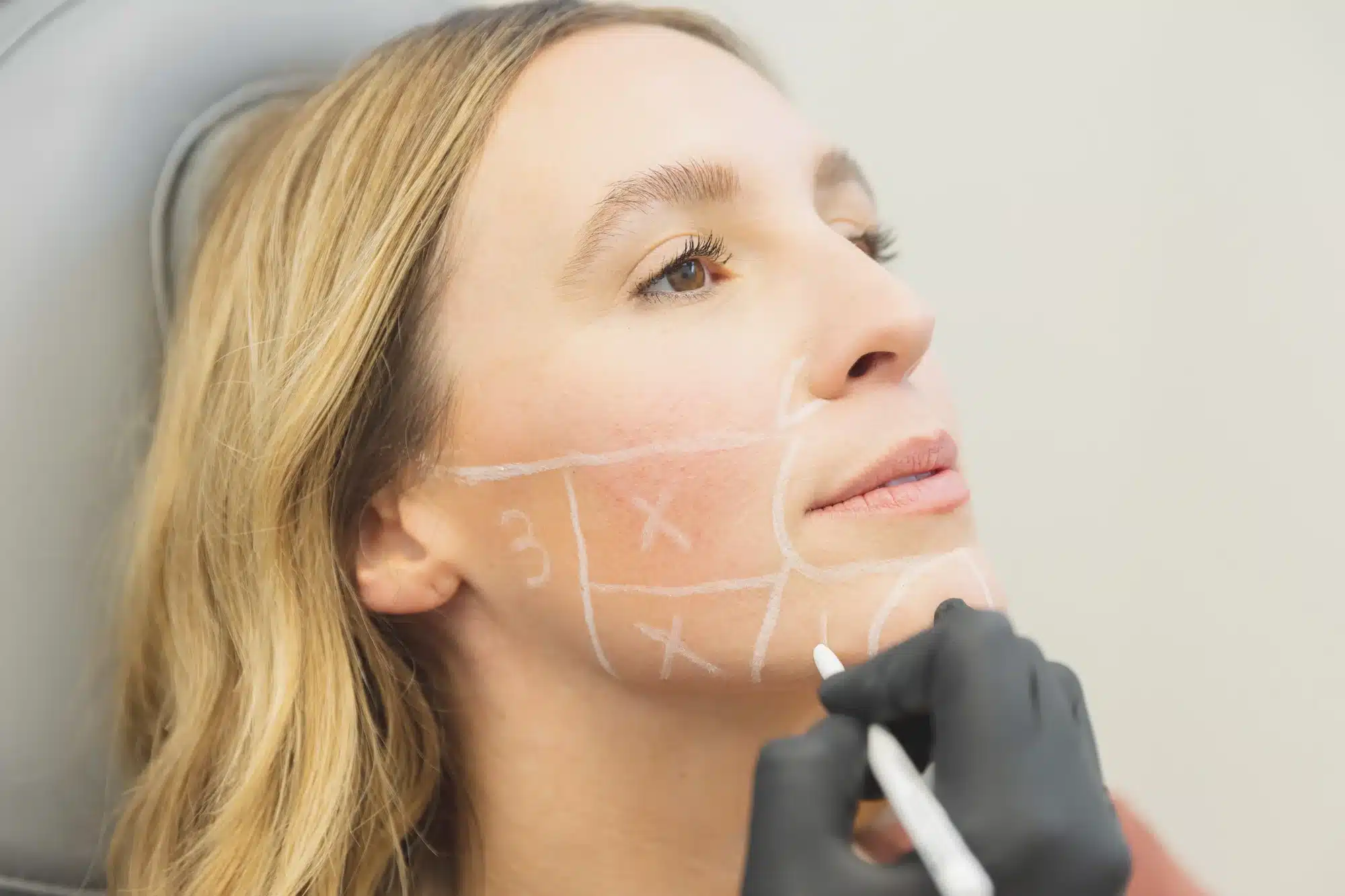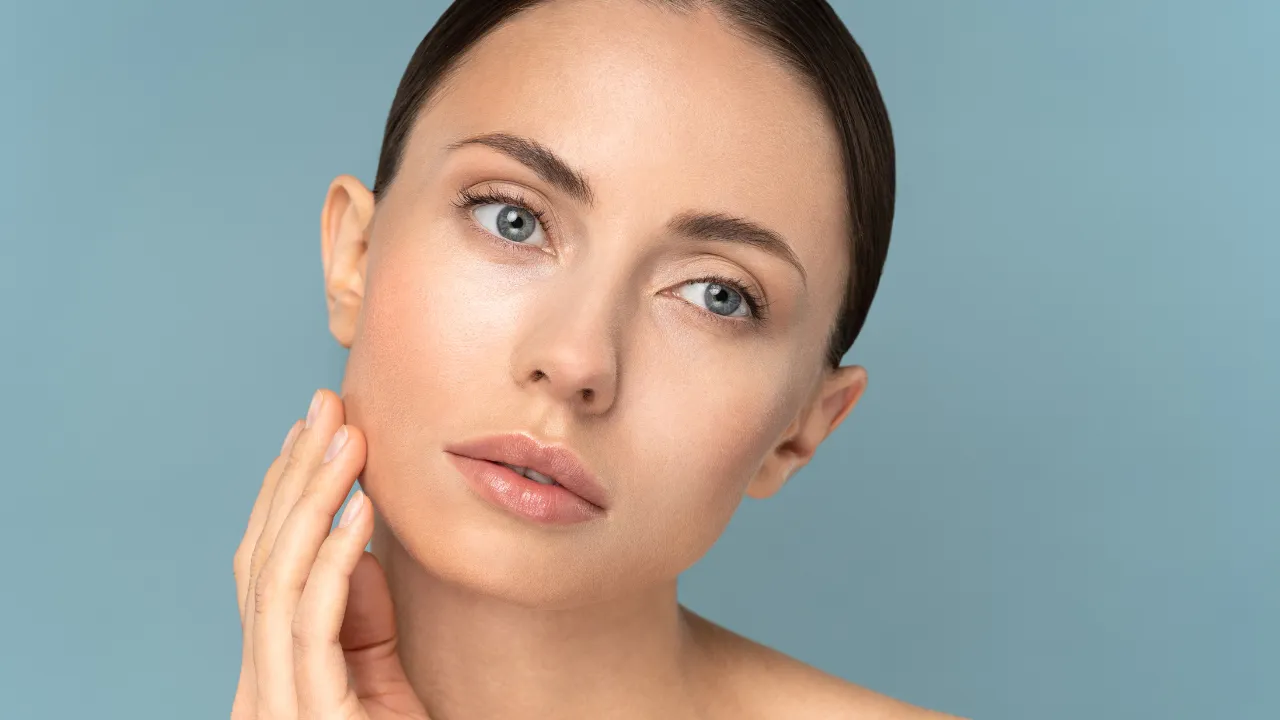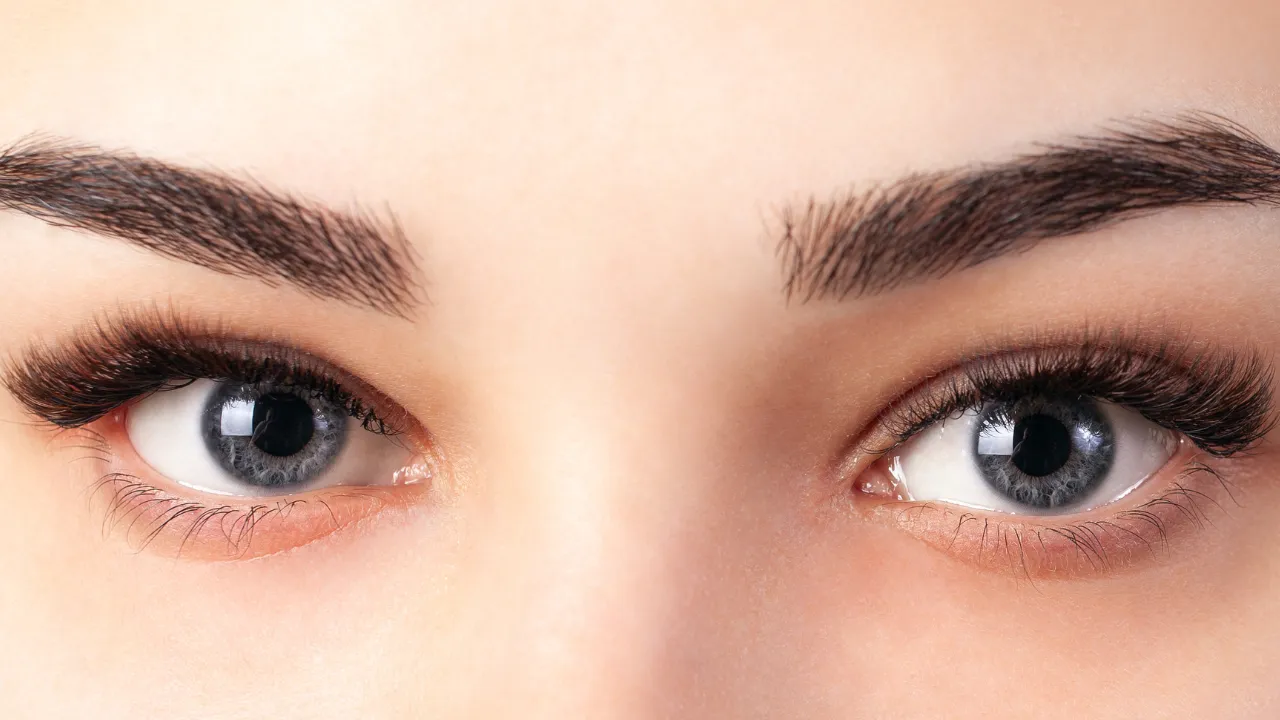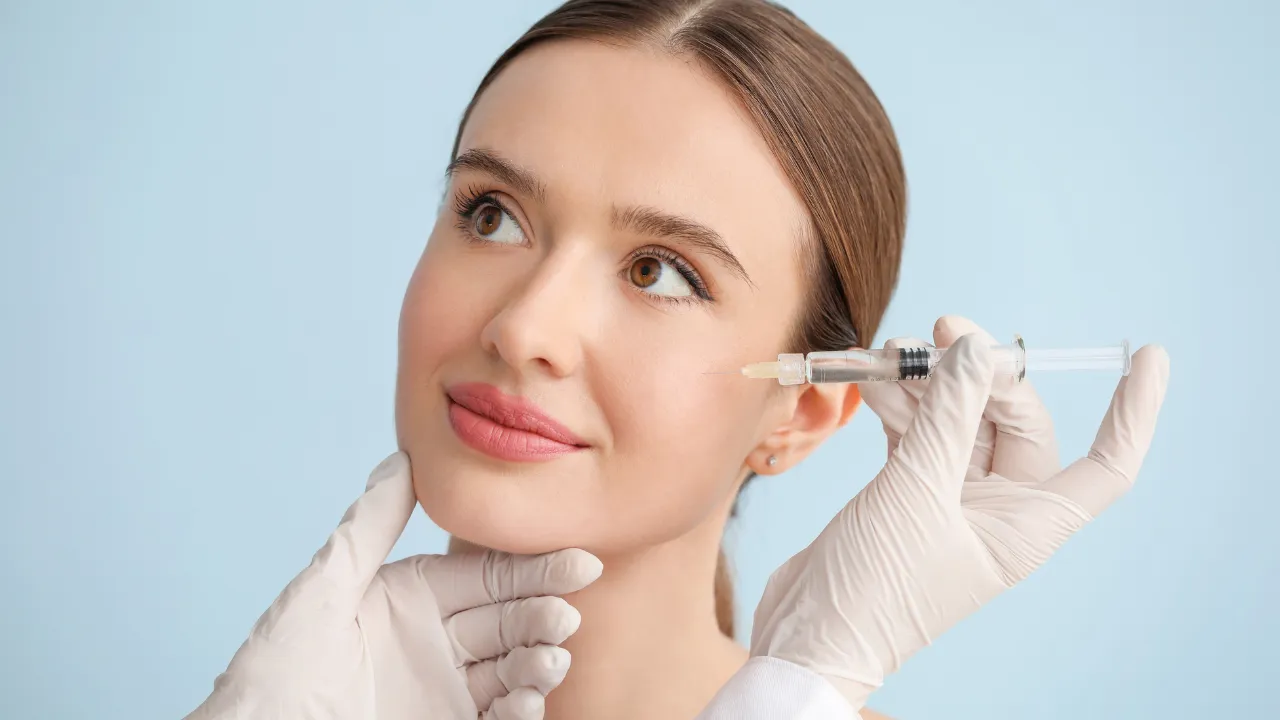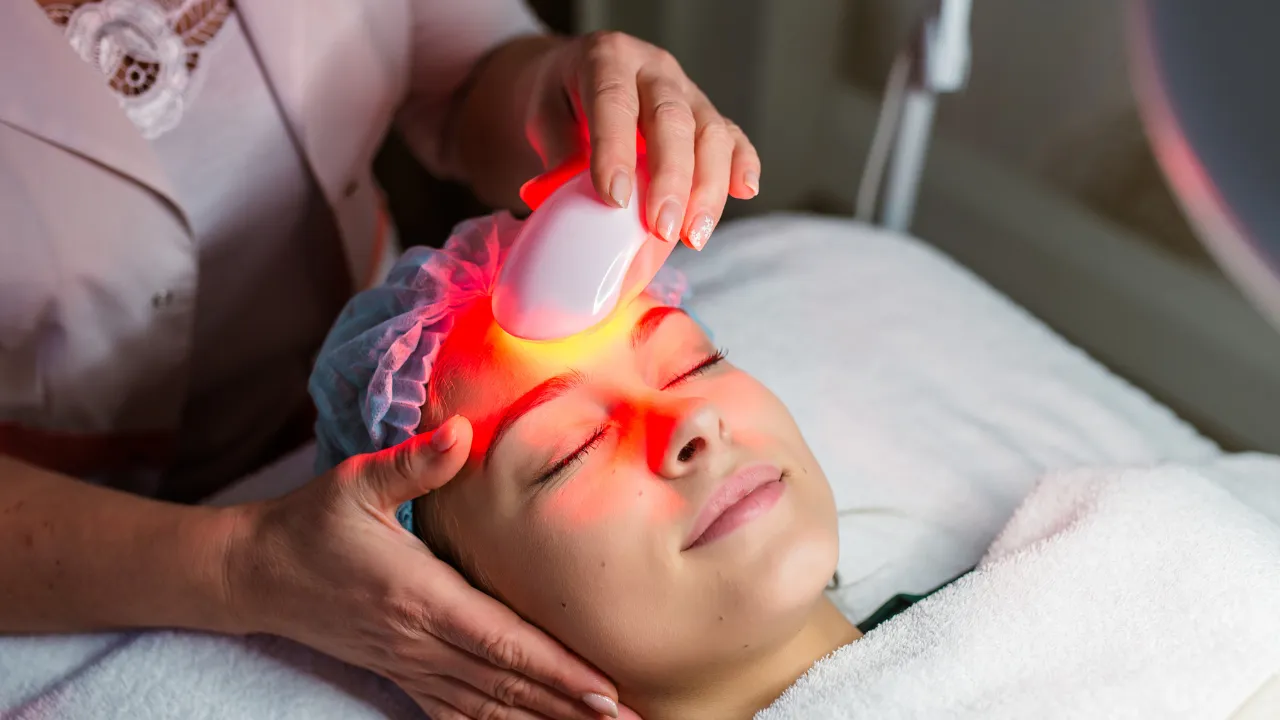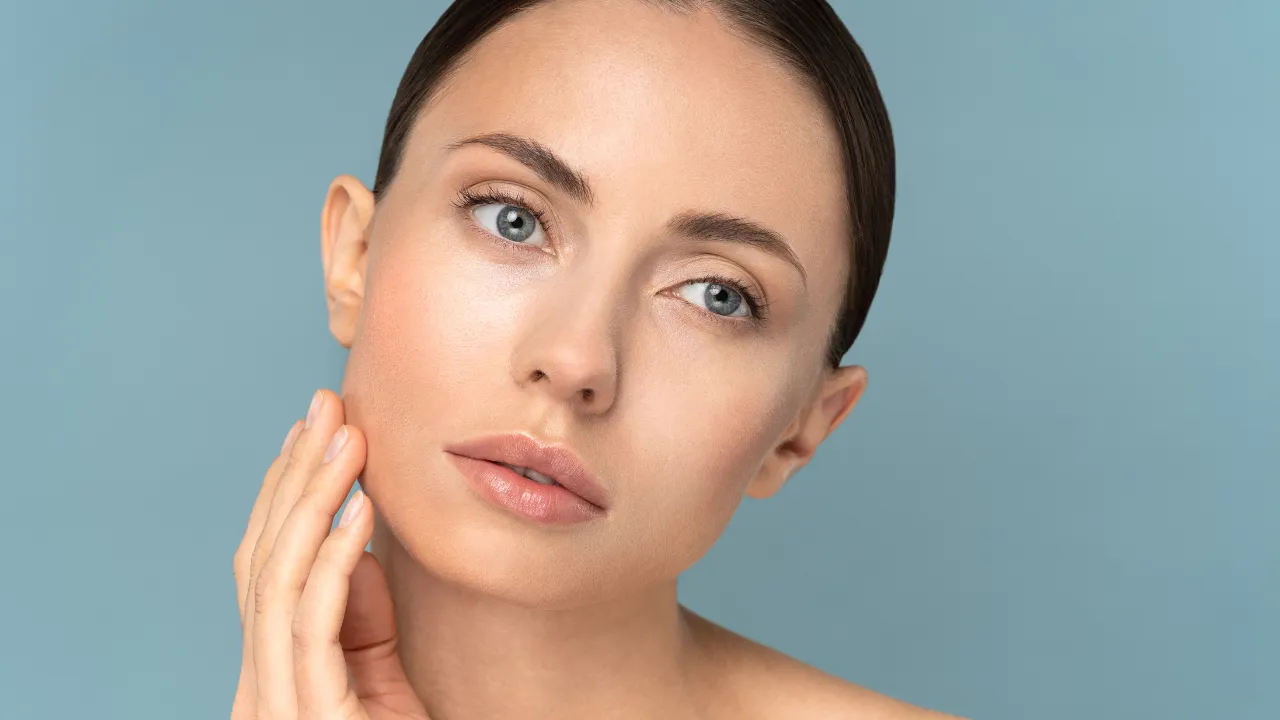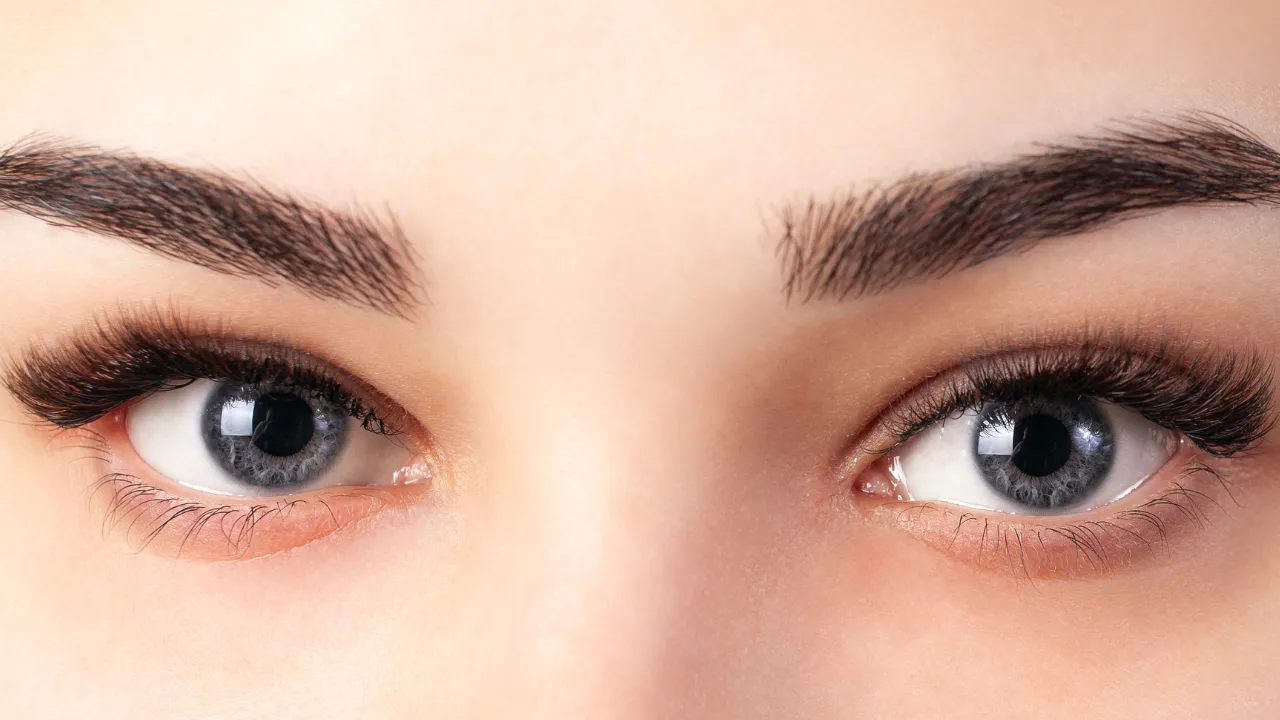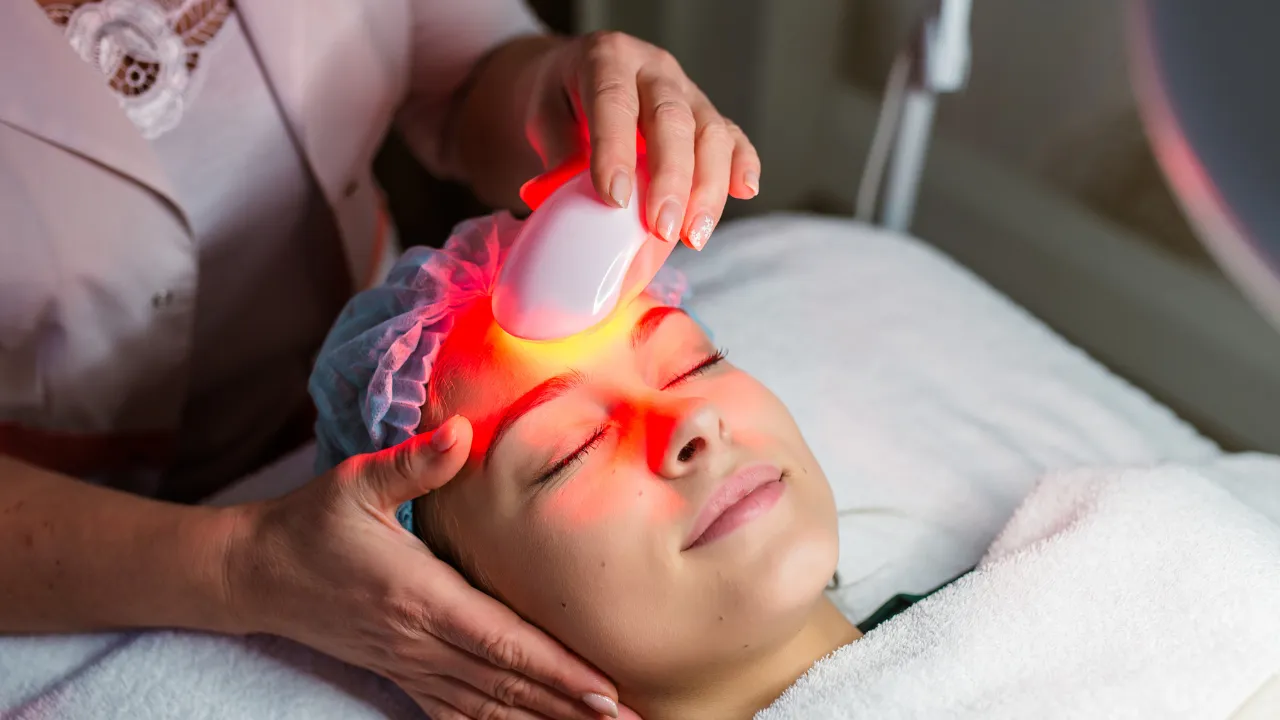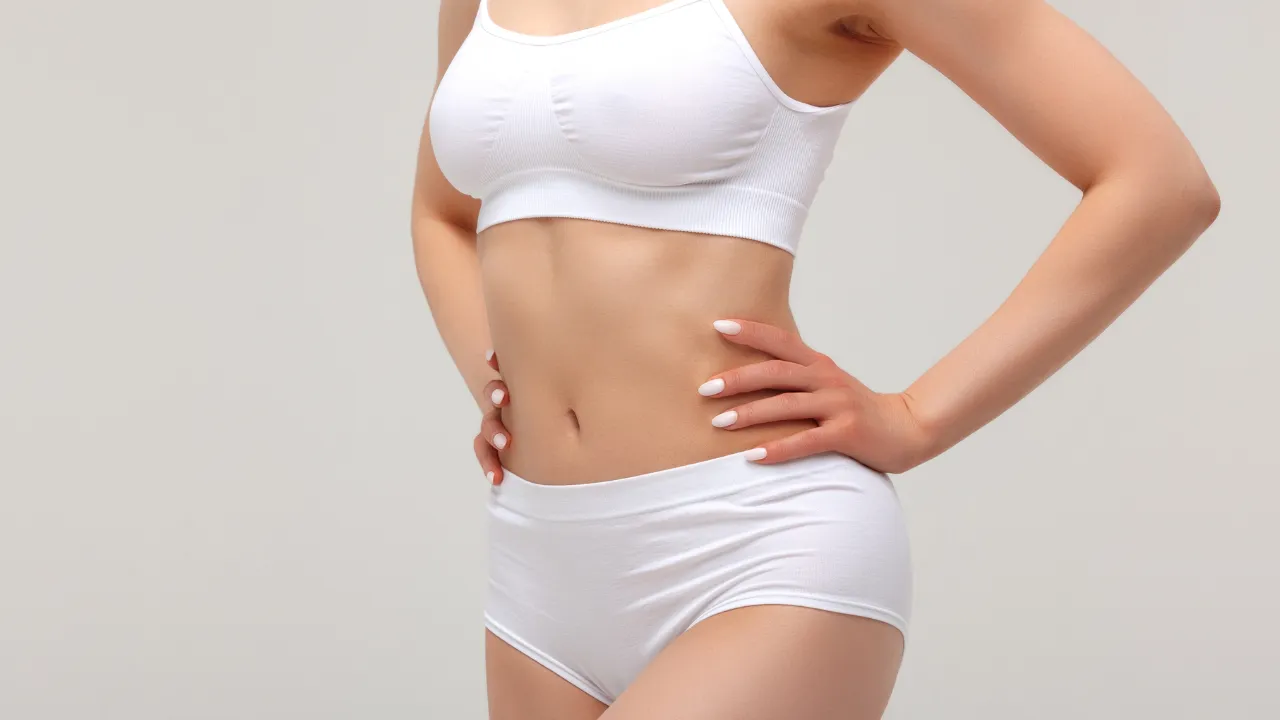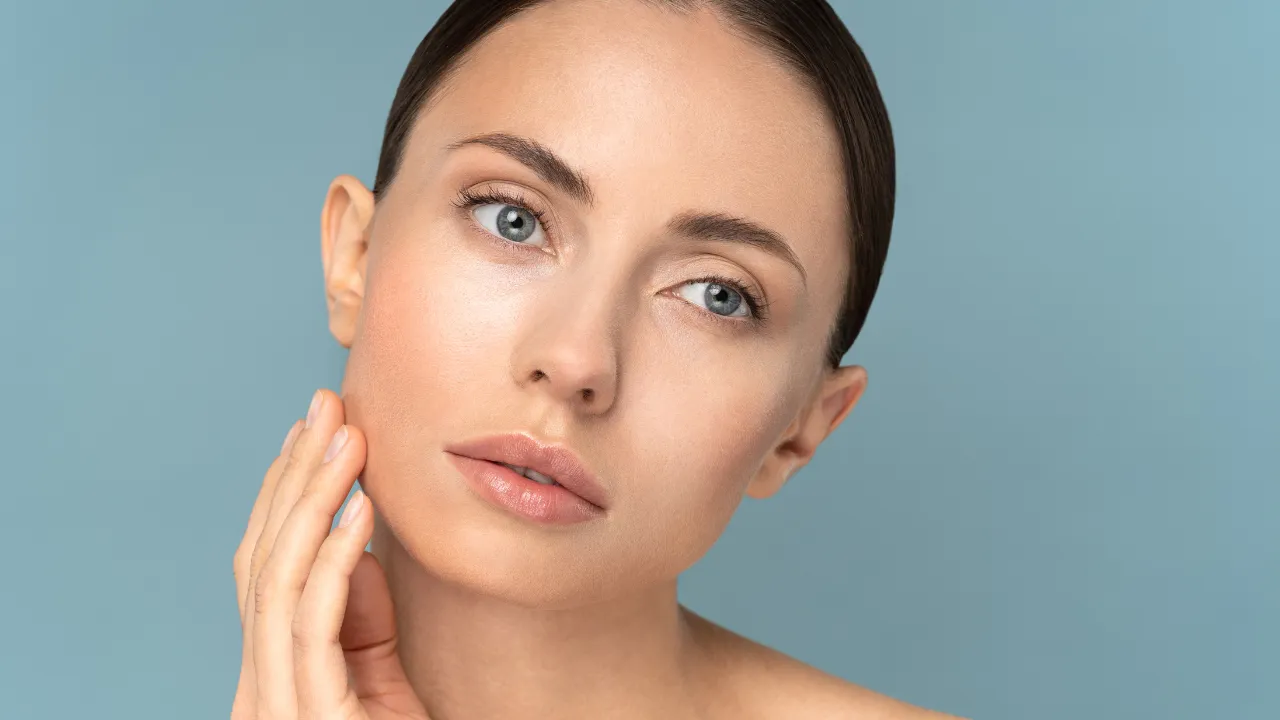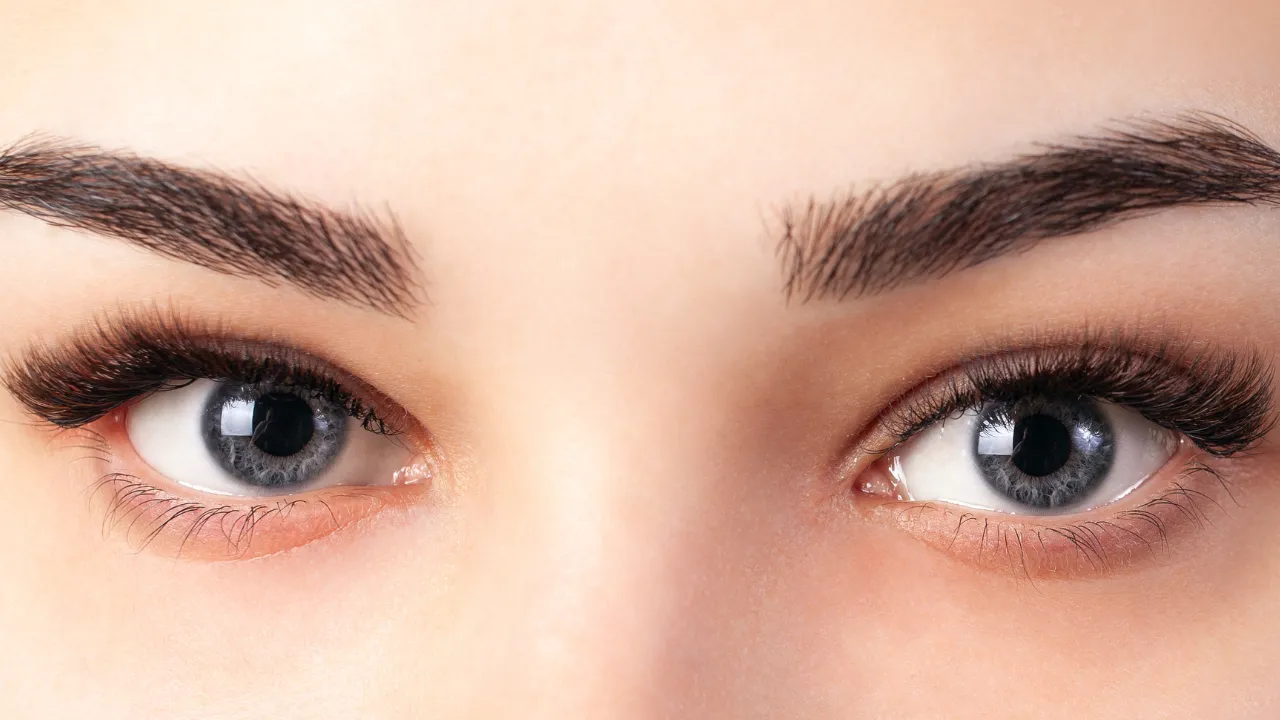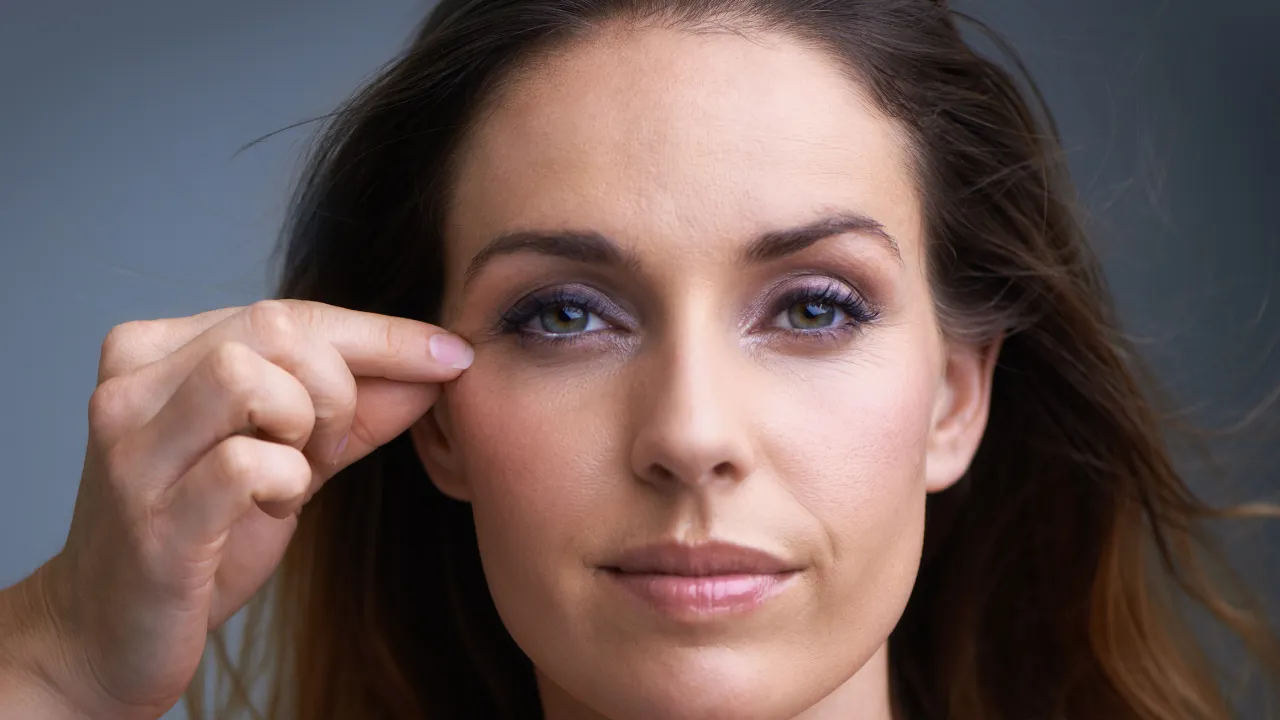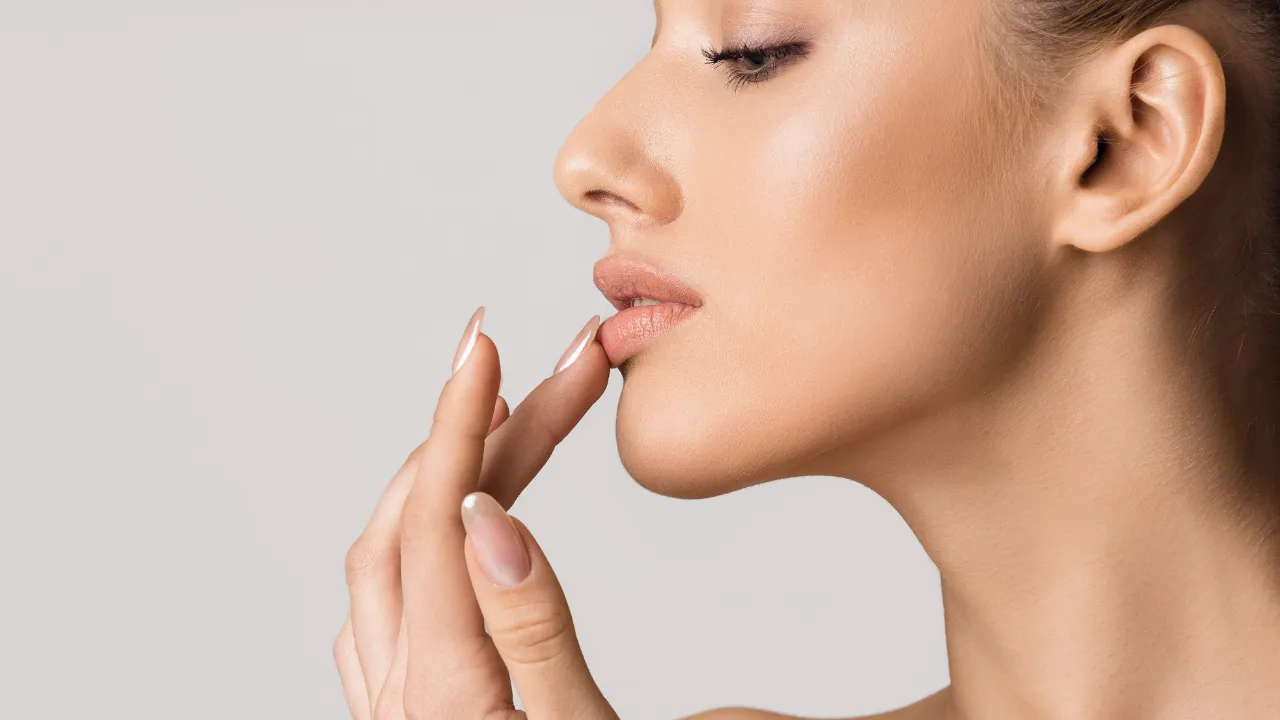Eczema eyelid dermatitis is a common condition that affects the thin skin around your eyes. At Kopelman Aesthetic Surgery, Dr. Joel Kopelman uses his decades of experience to guide patients toward safe and effective care. Learning about causes, symptoms, and treatment options can help protect your skin and eye health.
Table of Contents
ToggleKey Takeaways
- Eczema eyelid dermatitis causes redness, itching, and swelling around the eyes. It can be triggered by allergens, irritants, or immune responses.
- Diagnosis may include patch tests, and treatment requires both medical care and gentle skin care practices.
- Dr. Kopelman recommends using low-strength treatments with care to avoid side effects like thinning skin.
- Preventive steps include avoiding known triggers, using safe cosmetic products, and seeking medical advice for persistent symptoms or signs of infection.
- Early care helps prevent long-term skin or eye problems.
Expert Insight From Dr. Kopelman
“Eyelid dermatitis is tricky because eyelid skin is very delicate,” says Dr. Joel Kopelman. “We need to use gentle but effective treatments to calm the skin without causing more harm.”
Understanding Eyelid Dermatitis and Eczema
What Is Eczema Eyelid Dermatitis and Who Gets It?
Eczema eyelid dermatitis happens when the skin on or near your eyelids becomes inflamed. It often leads to redness, itching, and swelling. The eyelid skin is very thin, which makes it more likely to react to irritants and allergens, often resulting in dermatitis around the eyes.
Why Did I Suddenly Get Eyelid Eczema?
Sudden eyelid eczema can occur if you start using a new product or are exposed to allergens like pollen or dust. Stress or changes in your immune system can also trigger a flare-up, especially if you have atopic dermatitis eyelid symptoms.
Common Causes and Triggers (Stress, Autoimmune, Allergens)
Common triggers include:
- Soaps, detergents, or preservatives.
- Makeup, perfumes, or nickel in glasses frames.
- Atopic eczema and other types of eyelid dermatitis.
- Stress or autoimmune system changes.
Checklist: Common Triggers to Avoid
- Fragrance in skincare or cosmetic products.
- Preservatives like parabens and formaldehyde.
- Nickel in glasses and eyelash curlers.
- Dust, pollen, and other airborne allergens.
- Irritating substances, including harsh soaps and cleaning agents.
Identifying Types and Symptoms
Eyelid Eczema Atopic Dermatitis Overview
Atopic dermatitis eyelid cases often cause red, flaky, and itchy patches. This happens when the skin barrier is weak and the immune system overreacts.
Eyelid Eczema vs Seborrheic Dermatitis
Eyelid eczema tends to be dry and itchy. Seborrheic dermatitis often appears oily with scaly patches, especially near the lash line – antifungal treatments for eyelids can sometimes be recommended in these cases.

Photos of Eyelid Dermatitis: What It Looks Like
Signs include redness, swelling, small cracks, or scaly patches. Severe cases may ooze fluid or form crusts.

How Long Does Eyelid Dermatitis Last?
Mild cases can improve in a few days with proper care. Learn more about how long eyelid dermatitis lasts.
Chronic forms may require long-term management to avoid flare-ups and heal eczema on eyelids effectively.
How Do You Treat Eczema on Your Eyelids?
Diagnostic Tests for Eyelid Dermatitis
Doctors often use patch tests to check for allergens. Small amounts of potential triggers are applied to your skin and checked after 2–3 days.
This helps identify causes like irritant contact dermatitis and allergic reactions to specific substances.
Medical Eyelid Dermatitis Treatments Explained
Low-strength steroid creams and calcineurin inhibitors are common treatment options for eyelid eczema. These reduce redness and swelling without damaging sensitive skin. Dr. Kopelman advises using them only as directed by a specialist.
Important Considerations for Steroid Use
Overusing steroids can thin eyelid skin or raise the risk of glaucoma. Always follow your doctor’s advice and avoid long-term use without supervision.
Best and Safest Creams for Eyelid Eczema
Look for fragrance-free, hypoallergenic moisturizers. Products tested for use near eyes are best. Patch tests may help confirm the cream won’t irritate your skin.
Signs of Skin Infection to Watch For
Watch for these signs of infection:
- Yellow crusts or fluid leaks.
- Swelling that gets worse.
- Pain, heat, or redness spreading beyond the eyelid.
Prompt treatment for eyelid infections prevents more serious issues.
At-Home Eyelid Dermatitis Remedies
- Apply a cool compress to soothe itching.
- Use gentle cleansers and avoid irritating substances.
- Keep skin hydrated with safe moisturizers.
These steps are vital when treating eyelid eczema naturally.
What Cream Can I Use on My Eyelids?
Only use creams approved for eyelid skin, including prescriptions or gentle over-the-counter products. This is key in how to treat eyelid dermatitis safely.
Preventing Flare-Ups and Protecting Sensitive Skin
Daily Care and Long-Term Prevention Tips
- Choose non-irritating skin care and makeup.
- Avoid rubbing or scratching your eyelids.
- Identify and avoid allergens or irritants.
When to See a Specialist for Eyelid Dermatitis
See an experienced eyelid doctor if symptoms persist. Dr. Kopelman emphasizes early allergic treatment for eyelid eczema to prevent complications.
Makeup and Skincare Tips for Eyelid Dermatitis
People with eyelid dermatitis often struggle with daily routines. Dr. Kopelman suggests avoiding perfumes, preservatives, and harsh chemicals. Mineral-based makeup is safer for sensitive skin.
Quick Checklist for Safe Makeup Use
- Patch test all new products.
- Replace makeup every 3–6 months.
- Choose mineral-based, ophthalmologist-tested brands.
Can Eyelid Dermatitis Lead to Eye Problems?
If left untreated, eyelid dermatitis may lead to infections or dryness. In severe cases, swelling can even affect vision.
Seek care if you notice:
- Ongoing redness and swelling.
- Pain or discharge from the eyes.
- Blurred vision or light sensitivity.
About Kopelman Aesthetic Surgery
Kopelman Aesthetic Surgery in New York City specializes in facial and eyelid treatments. Dr. Joel Kopelman has years of experience treating eyelid conditions, including contact dermatitis and atopic eczema.
If you’re struggling with eczema eyelid dermatitis or need expert guidance on sensitive skin care, consider scheduling a consultation with Dr. Kopelman. His personalized approach can help you find safe, effective solutions tailored to your needs.
FAQs About Eyelid Eczema
Can Stress Cause Eyelid Eczema?
Yes. Stress weakens your immune system and makes flare-ups more likely. Stress management helps calm symptoms.
What Foods Worsen Eyelid Dermatitis?
Some people react to foods like dairy or gluten. Always speak to a doctor before changing your diet.

